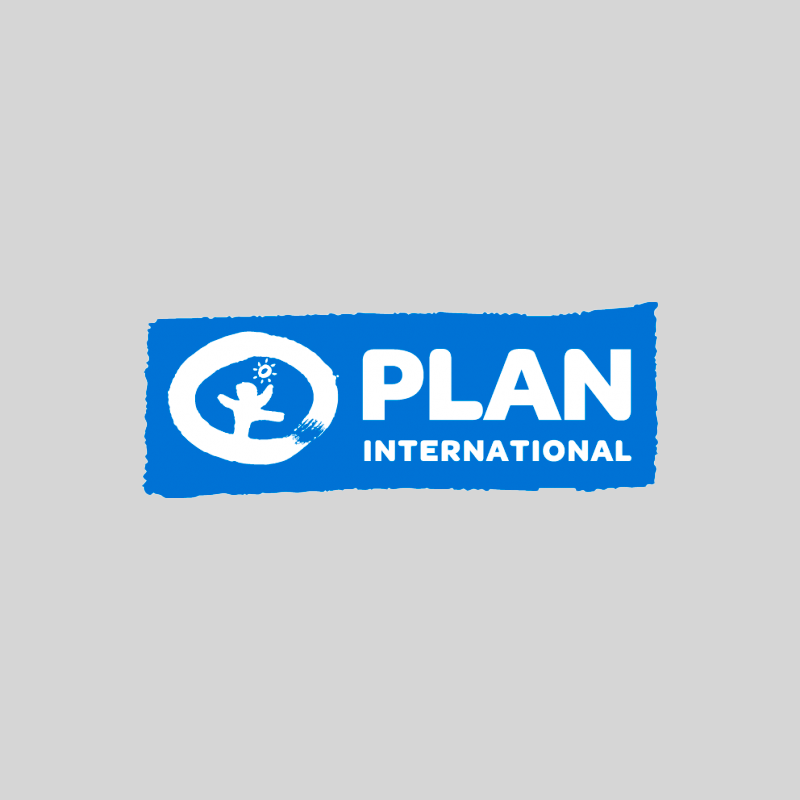Plan International UK: Building a Sustainable DEI Framework
Background
Plan International UK, a global development and humanitarian charity, aimed to advance its diversity, equity, and inclusion (DEI) efforts. With growing employee expectations and established networks, the organisation needed an expert to help shape a structured DEI strategy. Toby Mildon partnered with Plan to guide this transformation.
Project Procurement, Kick-off, and Process
- Plan engaged staff networks to define the project brief and conducted a tender process to find the right consultant.
- Mildon’s clear framework and strategic approach secured the project, leading to a partnership focused on actionable DEI change.
- Toby conducted data collection through surveys and focus groups, offering a comprehensive analysis to inform the strategy.
Outcomes and Benefits
- Plan International UK developed a three-year DEI framework, providing a clear roadmap for fostering an inclusive culture.
- The strategic plan helped align DEI efforts with the organisation’s core values, making it more than just an HR initiative.
- Engaging staff in the process managed expectations, clarifying achievable goals and timelines.
Client Perspective
“Working with Toby was crucial in managing staff expectations and providing clarity. His non-judgmental, solution-focused approach kept us on track, making a challenging project engaging and effective.”
– Cheryl Richardson, Director of People and Culture, Plan International UK
